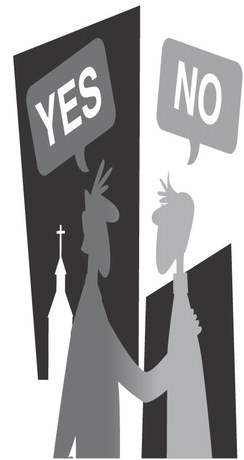A fair day’s wage…

It takes a special person to work in a public service career. Public service professionals serve their community in immeasurable ways by offering social services, educating children, protecting the welfare of others and promoting public health. For this reason, I have never understood why the salaries of public servants are often much less than the salaries of other professions. It’s a sad state of affairs when occupations such as professional athletes earn unfathomable amounts of money in the form of a salary. I’m of the mindset that if you want insight into what a business, society, family or employer does value, just follow where money is spent. If this is true, society has proven over time that professions such as police officers, EMTs, teachers, First Responders, and social workers are not truly appreciated. At the root of being valued is respect.
Cities have the burden of being able to offer competitive wages in order to hire and keep exemplary employees, but more than that there’s the respect that is due to the people working for them in the form of at the very least, a fair day’s wage.
I understand that law enforcement officers, in particular, are underpaid for the jobs they perform and what they endure. I’m the child of a former police officer. My dad became a Kansas City police officer in 1960. An officer never knows what they may face as they begin any shift. On his first day on the job, he had to deliver a baby. I know that domestic calls were some of the most dangerous calls. His beat in Kansas City was downtown in the area of 18th and Vine Streets, it was and probably still is, an extremely dangerous area at night. He patrolled in and out of bars and would often be involved in a shootout inside them. Sometimes he saw things that he would never forget like when he answered a call only to find a female deceased in her apartment with her baby crawling around her body wanting its mother or working a car crash that severed a woman’s leg completely off her body. Some of the most stressful days he endured were during the Martin Luther King, Jr. riots after King was shot and killed on April 4, 1968. Downtown Kansas City became a war zone. KCPD worked 12-hour shifts for weeks trying to protect citizens and the city from rioters. My mother sat up every night listening to our police radio for his patrol car number. Demonstrators were looting and setting buildings on fire. One night while dad was on a street corner talking to a fire chief, the chief was shot and killed by a carload of rioters. Officers returned fire and the car careened down the street and into a light pole. He endured a lot of stress and tension while on the job for a take home pay of $333 a month trying to feed and clothe a family of four. Raises were few and far between during his dozen years of service. I understand the financial, mental, and physical strain on officers and their families.
Every municipal job is honorable, from dog catcher to mayor, and worthy of a good wage that supports employees and their families successfully.
It’s the responsibility of the administration of every city to expend careful and thoughtful spending. And if and when cities can afford to pay its employees more, they should.